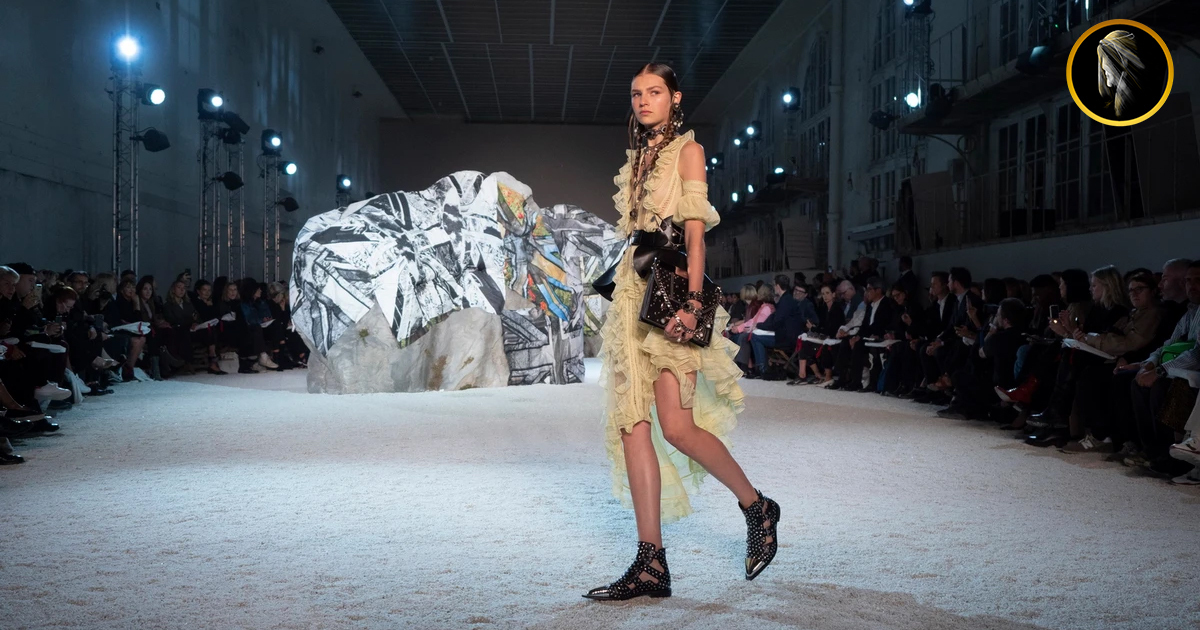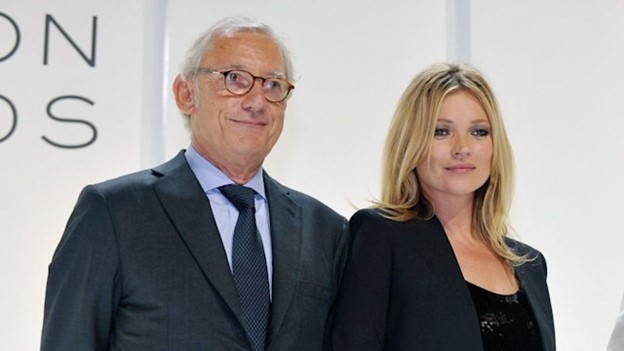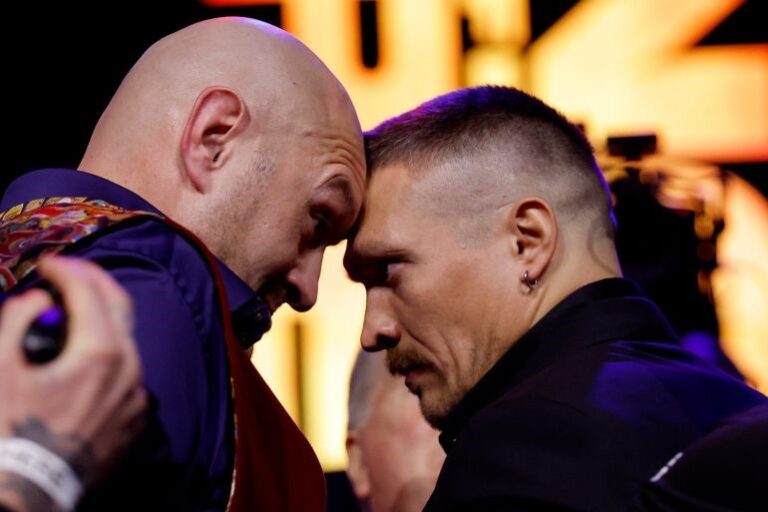After 26 years, Sarah Burton is bidding farewell to British luxury fashion house Alexander McQueen. When she assumed the creative reins of the brand in 2010 after the tragic loss of the eponymous designer, it was an immense challenge. Succeeding a designer as revered as Lee Alexander McQueen was a daunting task, but there was a consensus within the atelier that Burton was the ideal choice, as reported by ‘The Cut’. In the years that followed, Burton proved her mettle, embodying the role with finesse, skill, and reverence.
Her departure signifies the end of yet another era for the fashion house, as her successor is likely to only know the brand’s legacy and the enigmatic designer McQueen through stories, literature, and documentaries.
Burton and McQueen shared an appreciation for Britain’s natural beauty and history, yet Burton introduced a softer touch to the brand’s famed razor-sharp tailoring. In the initial stages, it was sometimes challenging to distinguish between Burton’s influence and McQueen’s legacy. Nevertheless, over time, Burton evolved the late designer’s gothic warriors into a more tender and romantic rendition. While it’s impossible to discuss Burton without alluding to McQueen, it’s important to acknowledge that under her romantic signature, the brand has continued to evolve and emerge from the shadows.
This trajectory began with Burton’s debut solo collection for the brand. The spring/summer 2011 show commenced with a model clad entirely in white, her eyes concealed by contact lenses, framed by braids, and wearing a tailcoat. Fashion critic Tim Blanks for Vogue Runway noted, “The tailcoat is a traditional McQueen piece, but here it was softened, its edges left unfinished, and the sharp, peaked shoulders, another McQueen hallmark, were slit open and relaxed.”
Sarah Burton’s early collections were characterized by an exceptional level of attention to detail, tailoring, and scale, akin to couture craftsmanship. For instance, her Fall/Winter 2013 collection, inspired by the Anglican Church, reportedly required two weeks of work for each outfit, as mentioned by Tim Blanks. However, as the years passed, Burton increasingly shifted her focus towards more commercially oriented collections.
The emergence of a new British luxury brand
This evolution was accompanied by a diminishing emphasis on storytelling, a theme that had once been central to the brand’s identity. While Lee Alexander McQueen was a visionary, it was Sarah Burton’s role to translate his visions into tangible, wearable designs. Even during McQueen’s lifetime, Burton, as head of design, was tasked with translating each season’s runway creations into commercially viable styles, as detailed in a profile of Burton by The Cut earlier this year.
While the label initially held a particular allure for industry insiders, fashion enthusiasts, and art students captivated by McQueen’s creative brilliance, Burton succeeded in transforming the brand into a global luxury powerhouse. She seamlessly merged commerce with exceptional craftsmanship, all while preserving the brand’s unique identity. Consequently, Burton’s leadership of McQueen, though perhaps lacking the same media frenzy as her mentor, ensured the brand’s steady and successful trajectory.
While Kering, the parent company that acquired the McQueen brand in 2001, does not provide a detailed breakdown of the label’s annual sales, reports suggest significant growth. According to Vogue, citing Morgan Stanley analyst Édouard Aubin, sales surged from 220 million euros in 2014 to 830 million euros in 2021, maintaining that level in 2022.
In the first half of 2023, Kering SA, the French luxury goods group currently undergoing extensive restructuring, saw a marginal increase in overall sales. Within Kering’s “Other Houses” division, which includes brands like Balenciaga and Alexander McQueen, sales dropped by 5 percent year-on-year to 1.9 billion euros. Despite this, Kering’s financial report in July noted that McQueen’s Ready-to-Wear category “performed well.”
The reasons behind Burton’s departure, whether it’s linked to internal changes within Kering, her own choice to bid farewell to her “family” at McQueen after 26 years, as mentioned in her statement published by Kering, or if it simply reflects performance considerations, may remain a subject of speculation. Nevertheless, it is hoped that her legacy, akin to that of her former mentor, boss, and friend, will not fade into obscurity but will be preserved in the annals of Alexander McQueen’s history.









